Vanadium's New Frontier: Gujarat's Seabed Discovery Promises Industry Transformation
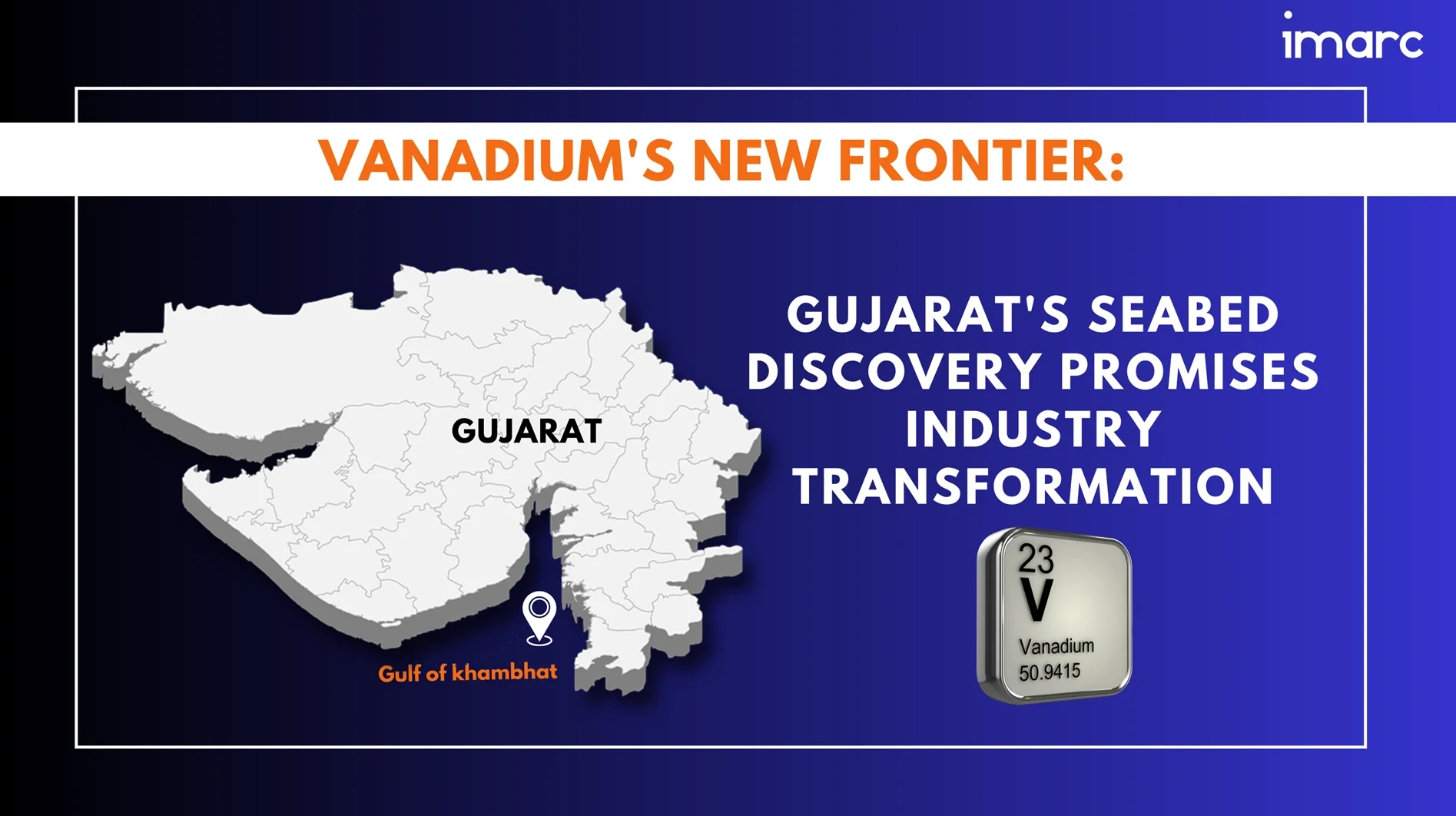
Vanadium has been discovered in sediment samples collected from the Gulf of Khambhat, which opens into the Arabian Sea off Alang in Gujarat. This discovery is expected to enhance the production of steel and titanium in India and boost redox battery manufacturing. Vanadium is one of the most abundant transition metals and is typically found in various minerals, including vanadinite, patronite, and carnotite. It is a hard, ductile, and rare grey metal, often extracted as a byproduct while processing other metals such as iron and uranium.
Vanadium exists in various forms, including vanadium pentoxide, vanadium ferrovanadium, aluminum-vanadium alloys, vanadium chemicals, and others. These forms are used in the production of high-strength alloys, such as steel, which are employed in building and infrastructure projects like highways, bridges, dams, and more. It is also used as a catalyst for the production of sulfuric acid. The major grade types of vanadium include FeV40, FeV50, FeV60, and FeV80. Vanadium is utilized by various industries, including the automotive, aerospace, chemical catalyst, energy storage, and metallurgy sectors. Its unique properties, such as high strength, resistance to corrosion, and role in energy storage, continue to make it an essential element in various industrial and technological applications. Brazil, Russia, and South Africa are the major exporters of vanadium.
Unearthing Opportunities: Navigating the Dynamic Vanadium Market
According to the Indian Bureau of Mines, the total estimated reserves of vanadium in India are approximately 24.63 Million Tons. The demand for vanadium has increased substantially over time, with several factors contributing to the market's growth, as outlined below.
Increasing Demand in the Construction Industry: Construction activities are on the rise as emerging economies continue to urbanize and industrialize. Consequently, there is a growing demand for high-strength steel in the construction and manufacturing sectors.

Growing Use of High-Strength Steel: Vanadium serves as an alloying agent in the iron and steel industry. In addition to this, it acts as a stabilizer in titanium and aluminum alloys used in the aerospace industry. It imparts strength, toughness, and corrosion resistance to steel.
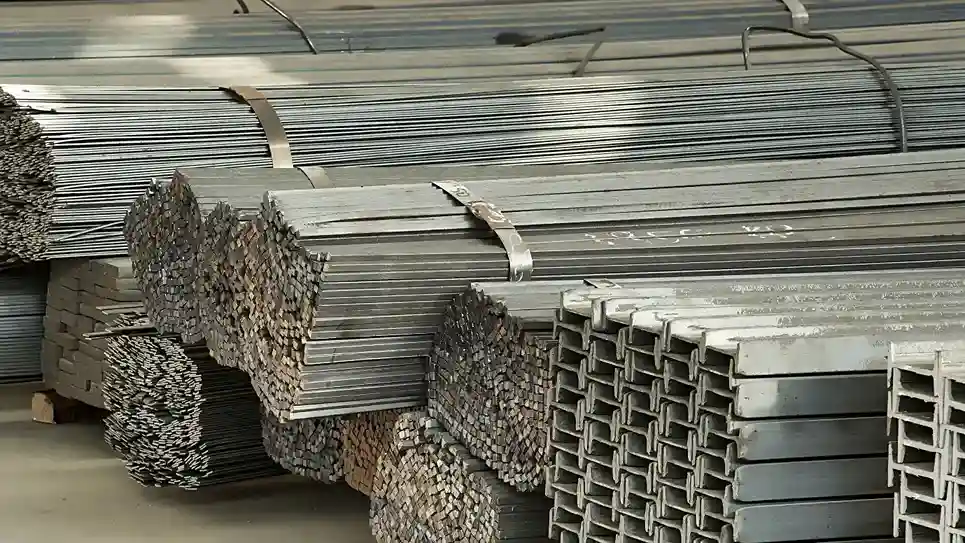
Technological Advancements: Ongoing research and development in metallurgical processes have resulted in more efficient and cost-effective uses of vanadium.
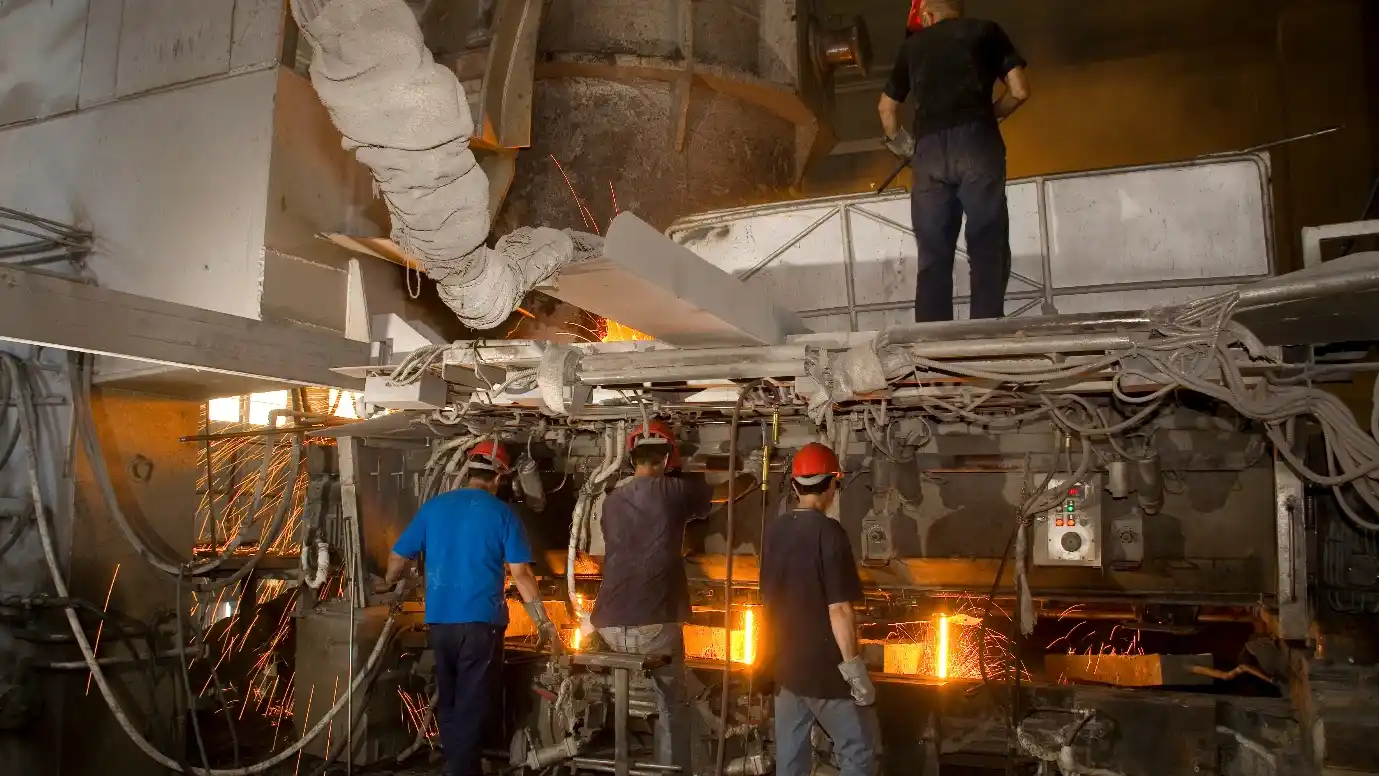
Rising Battery Technologies: Vanadium redox flow batteries (VRFBs) have gained attention as energy storage solutions, particularly for their role in integrating renewable energy and stabilizing the grid. The growth of the energy storage sector, driven by renewable energy projects and the demand for reliable grid solutions, can significantly impact the demand for vanadium. Environmental regulations and government initiatives aimed at reducing carbon emissions can further drive the adoption of energy storage technologies.

Unlocking the Potential: Innovative Vanadium Applications Redefining Industries
Steel Industry: Vanadium is used as an alloying agent in steel production due to its unique properties, such as strength, toughness, and heat resistance. It is utilized in the construction of buildings, bridges, pipelines, and other infrastructure projects.
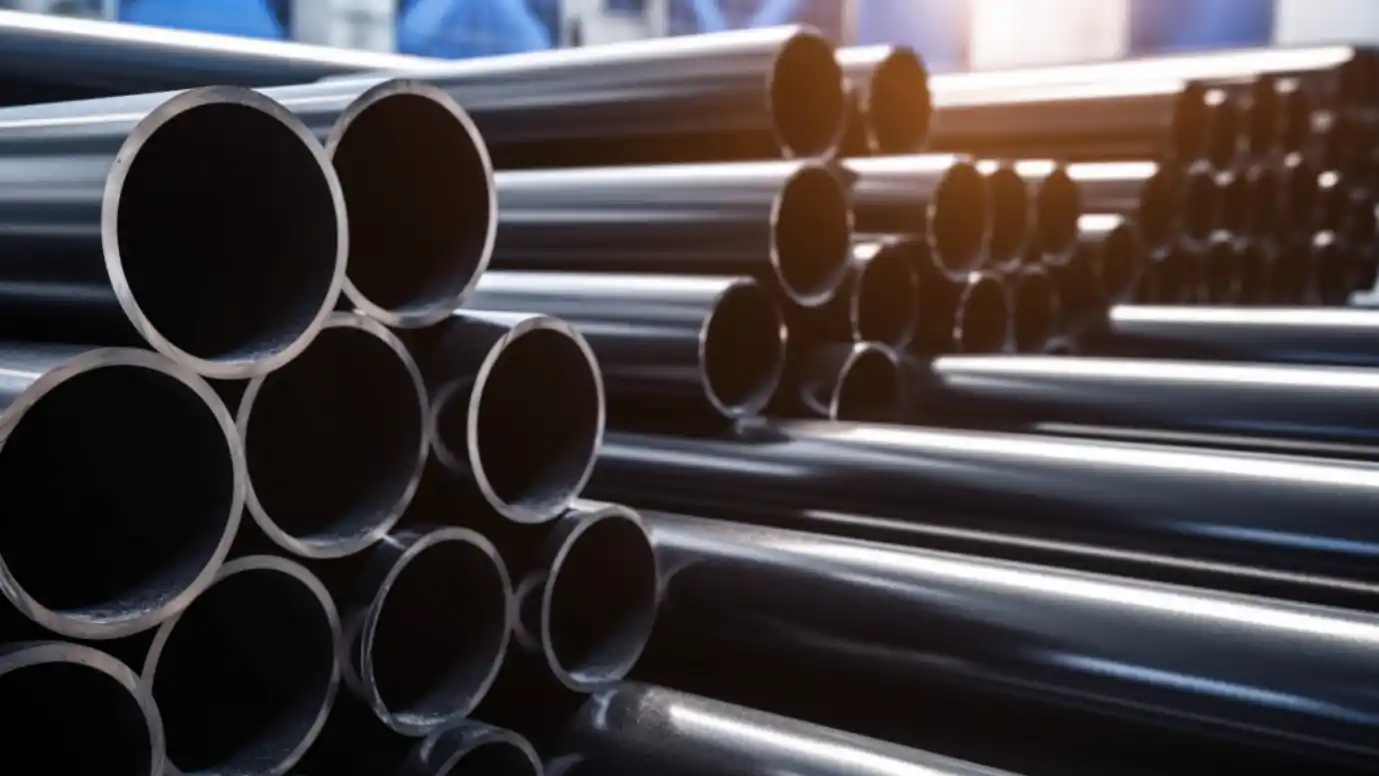
Chemical Industry: Vanadium acts as a catalyst, speeding up chemical reactions and increasing efficiency. It is utilized in the production of sulfuric acid, maleic anhydride, phthalic anhydride, and ammonia, as well as in polymerization, oxidation reactions, and many others.

Aerospace and Defense Industry: Vanadium-titanium alloys are used for their strength-to-weight ratio and resistance to high temperatures. They find applications in aircraft components, missile casings, and armor plating.
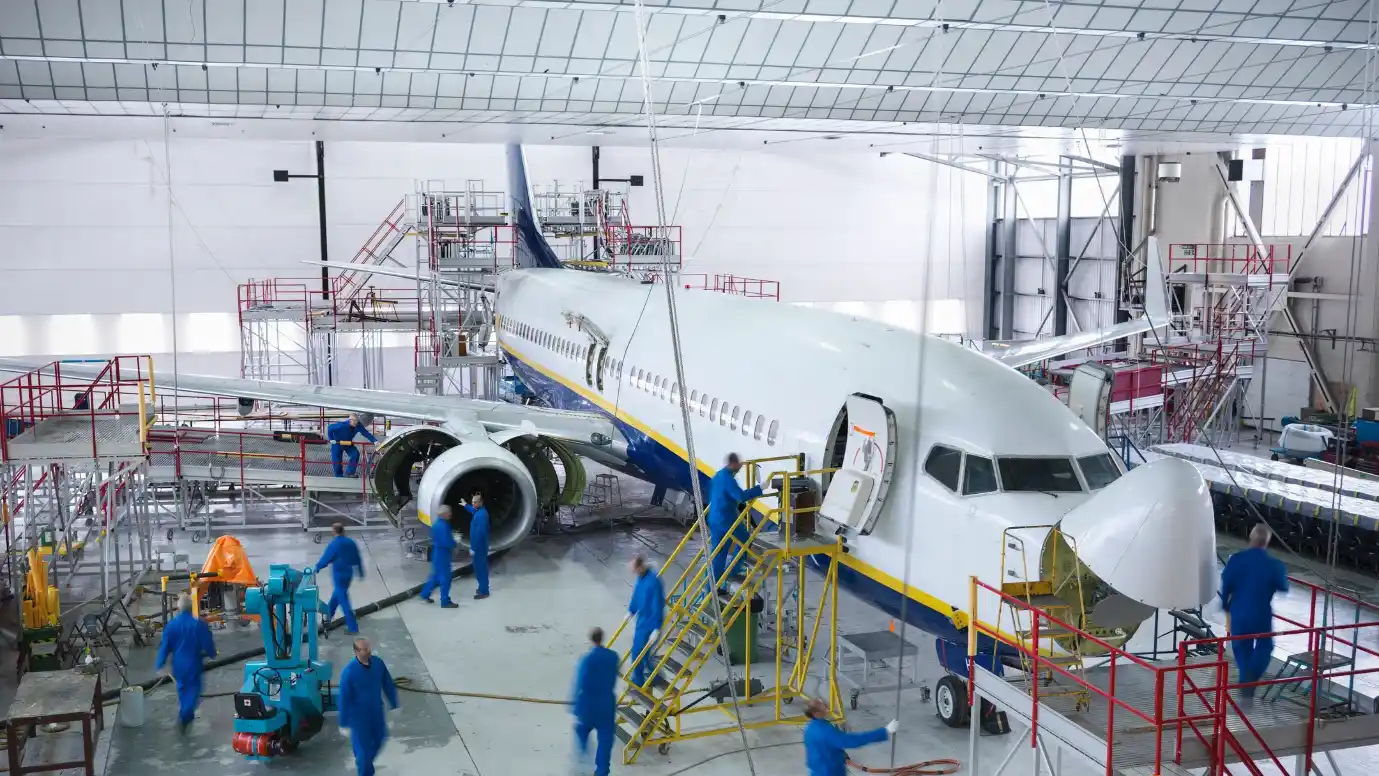
Energy Storage: Vanadium is used as an electrolyte in vanadium redox flow batteries. These batteries have a long cycle life and scalability, making them suitable for grid energy storage and renewable energy integration. Additionally, vanadium has various applications in the oil and gas, electronics, semiconductor, medical, nuclear, and ceramic industries.
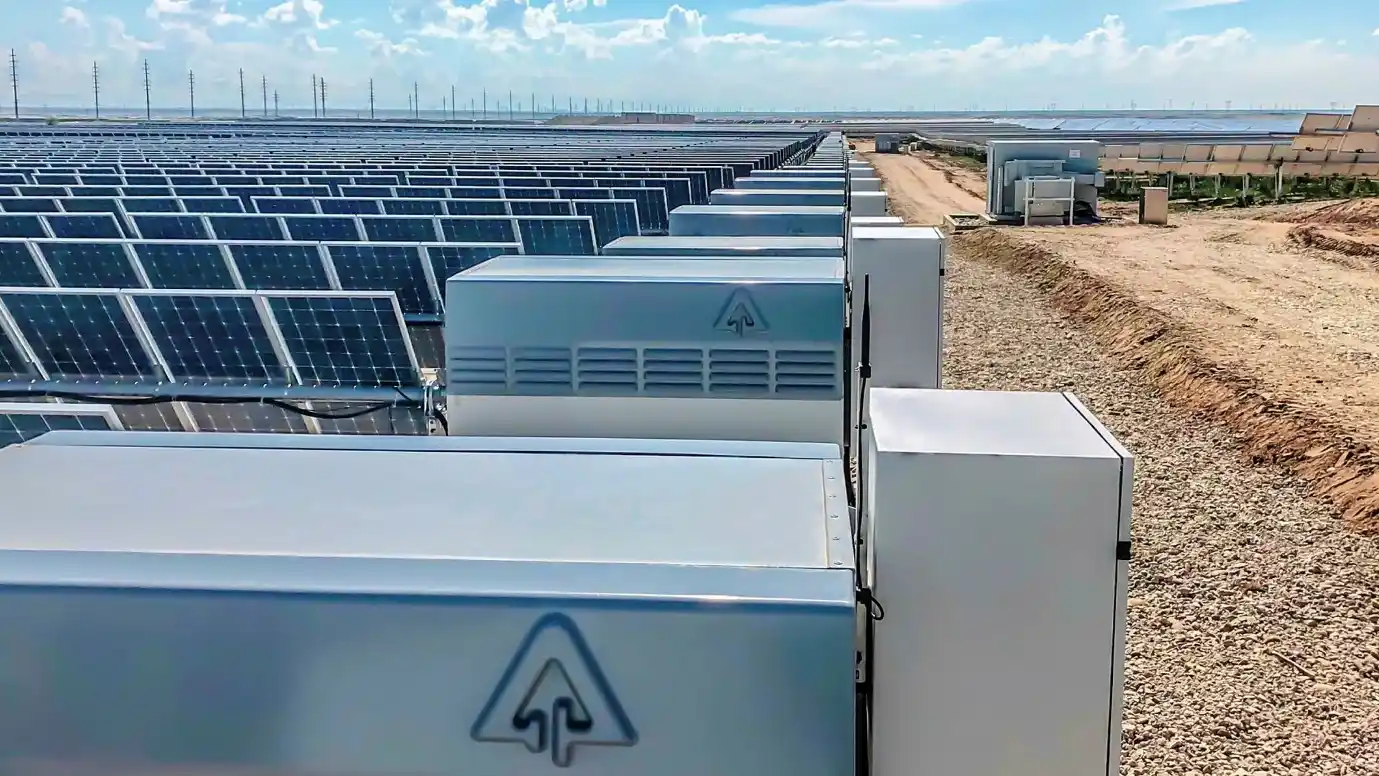
Medical Industry: Research studies have found that vanadium compounds can potentially be used as drugs in the treatment of diabetes, atherosclerosis, and cancer. Moreover, they possess antidiabetic, antihypertensive, lipid-lowering, cardioprotective, antineoplastic, and antiviral properties, which create future opportunities for vanadium in the medical industry.

Vanadium's Bright Future: Key Market Drivers Set to Power Growth
Vanadium finds application in specific components of electric vehicles, including batteries and powertrains. The demand for electric vehicles is experiencing significant growth due to several factors, such as increasing awareness about climate change, rising demand for cleaner transportation options, technological advancements in electric vehicles, and favorable government policies. The development of more efficient and sustainable batteries for electric vehicles is expected to drive demand in the forecasted period.
IMARC's Insightful Expertise: Paving the Way for Industry Insights
Companies must establish goals for sustainable product development through an efficient approach. It is imperative for every industry to evaluate the life cycle analysis of their products to comprehend their environmental impact and engage in research and development. Analyzing competitors' approaches within the industry is also a crucial parameter for progressing toward sustainability.
At IMARC, we specialize in helping companies identify their competitors, business strategies, and approaches to developing products and technologies using vanadium. We aim to identify targeted customers and suppliers within the vanadium market and create robust marketing plans. We can provide information on competitors' innovations and government regulations and legislation. Additionally, we can assist companies in identifying the vanadium solutions best suited for their products. Industries can position themselves for long-term success and growth by aligning with sustainable approaches.
Our Clients
Contact Us
Have a question or need assistance?
Please complete the form with your inquiry or reach out to us at
Phone Number
+91-120-433-0800+1-201-971-6302
+44-753-714-6104










